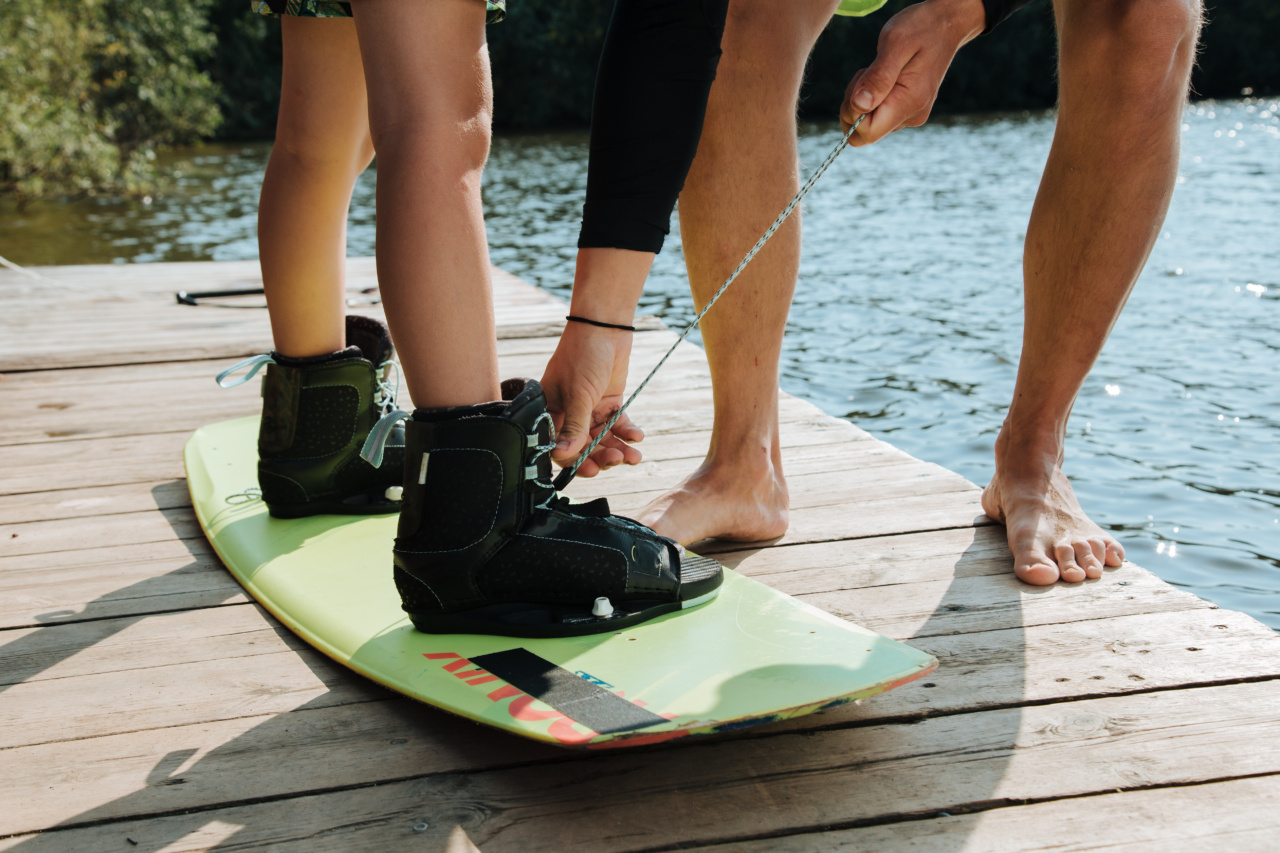Sports can be a fantastic way for children to stay active, develop important life skills, and build self-confidence. However, participating in sports can also create anxiety and stress for some children.
It is important for parents to recognize and address their child’s sports-related anxiety to ensure a positive and enjoyable experience. In this article, we will discuss several strategies and techniques that can help parents support their child in coping with sports anxiety.
1. Understand the Root Cause
The first step in helping your child cope with sports anxiety is to understand the root cause of their fears and worries.
Anxiety can stem from a variety of factors, such as fear of failure, performance pressure, concerns about letting the team down, or even social anxiety related to interacting with teammates or coaches. Take the time to have an open and honest conversation with your child to better understand their specific anxieties.
2. Encourage Open Communication
Encourage your child to openly communicate their feelings and concerns about sports. Let them know that it is completely normal to feel anxious and that you are there to support them.
Create a safe and non-judgmental environment where they feel comfortable sharing their worries. Regularly check in with your child to see how they are feeling and provide an opportunity for them to express any concerns they may have.
3. Set Realistic Expectations
Help your child set realistic expectations for themselves in sports. Often, children place undue pressure on themselves to perform perfectly or meet unrealistic standards.
Emphasize that sports are meant to be fun and enjoyable, and that mistakes are a natural part of the learning process. Encourage them to focus on their personal growth and development rather than solely on the outcome of the game or competition. Reinforce the importance of effort and perseverance over winning.
4. Teach Relaxation Techniques
Teach your child relaxation techniques that can help alleviate anxiety before, during, and after sports activities. Deep breathing exercises, visualization, and progressive muscle relaxation can all be effective techniques for reducing anxiety.
Encourage your child to practice these techniques regularly, even when they are not feeling particularly anxious, so that they become more comfortable using them when needed.
5. Foster a Supportive Team Environment
Encourage a supportive team environment by emphasizing teamwork and camaraderie. Help your child develop positive relationships with their teammates and coaches.
Encourage them to communicate with their teammates, offer encouragement, and support each other both on and off the field. Feeling like part of a supportive team can significantly reduce anxiety and foster a sense of belonging and acceptance.
6. Focus on Process, Not Outcome
Help your child shift their focus from the outcome of the game or competition to the process and the experience itself. Encourage them to set process-oriented goals such as improving their skills or working on specific aspects of their performance.
By shifting their focus to personal growth and development, your child is more likely to feel less anxious and more motivated to enjoy the sport.
7. Reframe Mistakes as Learning Opportunities
Teach your child to reframe mistakes as learning opportunities rather than failures. Help them understand that making mistakes is a natural part of the learning process and that it is through mistakes that we can grow and improve.
Encourage your child to reflect on their performance and identify areas for improvement, rather than dwelling on their mistakes or feeling discouraged.
8. Seek Professional Support if Needed
If you feel that your child’s sports anxiety is significantly impacting their well-being and enjoyment of sports, consider seeking professional help.
A sports psychologist or a mental health professional experienced in working with children can provide additional guidance and support in helping your child manage their anxiety. They can teach specific strategies tailored to your child’s needs and circumstances.
9. Lead by Example
As a parent, it is important to lead by example and demonstrate healthy coping mechanisms for stress and anxiety. Show your child how you manage your own anxieties and stress in a positive and productive way.
Share stories of your personal experiences with anxiety and how you overcame them. Your child will be more likely to adopt these techniques when they see you practicing them.
10. Celebrate Effort and Progress
Finally, celebrate your child’s effort and progress, regardless of the outcome of their sports activities. Recognize their commitment, hard work, and dedication.
Avoid placing excessive emphasis on winning or losing, and instead focus on the personal growth and development they have achieved throughout their sports journey. By celebrating their effort, you help build their self-confidence and reduce anxiety.
Conclusion
Helping your child cope with sports anxiety requires understanding, open communication, and proactive strategies.
By creating a supportive and nurturing environment, embracing mistakes as learning opportunities, and focusing on personal growth rather than solely on outcomes, you can empower your child to manage their anxieties and enjoy sports to the fullest. Remember, every child is unique, and it may take time and patience to find the strategies that work best for your child.






























